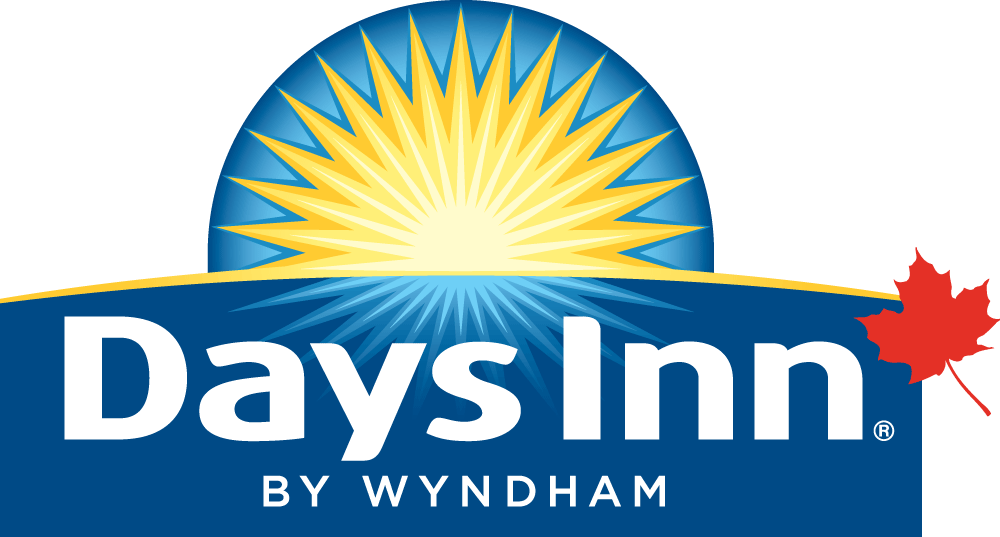Franchising has become one of the most popular pathways to entrepreneurship in Canada. Compared to independent startups, franchises often enjoy higher success rates, making them an attractive choice for individuals seeking a balance between business ownership and support. While owning a franchise is not without its challenges, the model offers unique advantages that increase the likelihood of long-term success. From brand recognition and proven systems to training and ongoing support, franchising provides a foundation that helps entrepreneurs avoid many of the pitfalls that independent business owners face. Understanding why franchises have higher success rates can help Canadians make informed decisions when considering their next business venture.
Strong Brand Recognition
One of the main reasons franchises succeed at higher rates than independent businesses is the power of brand recognition. Customers in Canada are more likely to trust a brand they already know, which helps new franchise locations attract business more quickly. Instead of starting from scratch, franchisees benefit from the established reputation, marketing presence, and customer loyalty that come with a well-known name. This recognition reduces the risks associated with building awareness in competitive markets and provides a significant head start for franchise owners.
Proven Business Models
Independent businesses often fail because their models have not been fully tested or refined. Franchises, on the other hand, operate on proven systems that have already been implemented successfully in other markets. These models cover everything from operations and staffing to marketing and supply chain management. In Canada, where different provinces present diverse regulatory and economic environments, having a tested system in place helps reduce uncertainty. Franchisees can follow established processes with confidence, knowing that the model has been designed for efficiency and profitability.
Comprehensive Training and Support
Another factor contributing to franchise success is the extensive training and support provided by franchisors. Many independent entrepreneurs lack the knowledge or resources to manage every aspect of a business effectively. Franchisors fill this gap by offering training programs, operational manuals, and ongoing coaching. Canadian franchisees benefit from this structured support, which helps them quickly develop the skills necessary to run their businesses. Whether it is staff training, marketing assistance, or financial guidance, the resources provided by franchisors significantly increase the odds of success.
Economies of Scale
Franchises also benefit from economies of scale, which give them a competitive advantage over independent businesses. Purchasing power is one example: franchisors can negotiate better prices for supplies, equipment, and marketing due to bulk purchasing across the franchise network. In Canada, where operating costs such as rent, labor, and materials can be high, these savings can make a significant difference. Additionally, centralized marketing campaigns allow franchisees to reach wider audiences at a fraction of the cost compared to independent advertising efforts. These efficiencies help franchisees maintain profitability and sustainability.
Ongoing Innovation and Adaptation
The Canadian market is constantly evolving, with shifting consumer preferences, technological advancements, and competitive pressures. Franchises are better equipped to adapt because franchisors invest in research and development to keep their systems current. Innovations in digital marketing, customer service technology, and menu or product updates are often tested and rolled out across the network. Franchisees benefit from these improvements without bearing the full cost of experimentation. This collective approach to innovation ensures that franchises remain competitive and relevant, giving them a higher likelihood of long-term success.
Conclusion
Franchises have higher success rates in Canada because they combine the independence of business ownership with the security of established systems and support. Strong brand recognition, proven business models, training, economies of scale, and ongoing innovation all contribute to reducing risks and increasing profitability. While owning a franchise still requires dedication and hard work, the advantages of the model make it a more reliable path to success than starting an independent business. For Canadians seeking entrepreneurship with a lower risk profile, franchising provides a powerful and proven opportunity to achieve long-term stability and growth.









